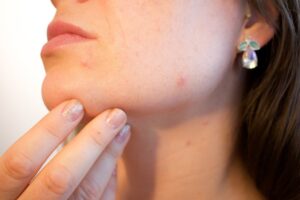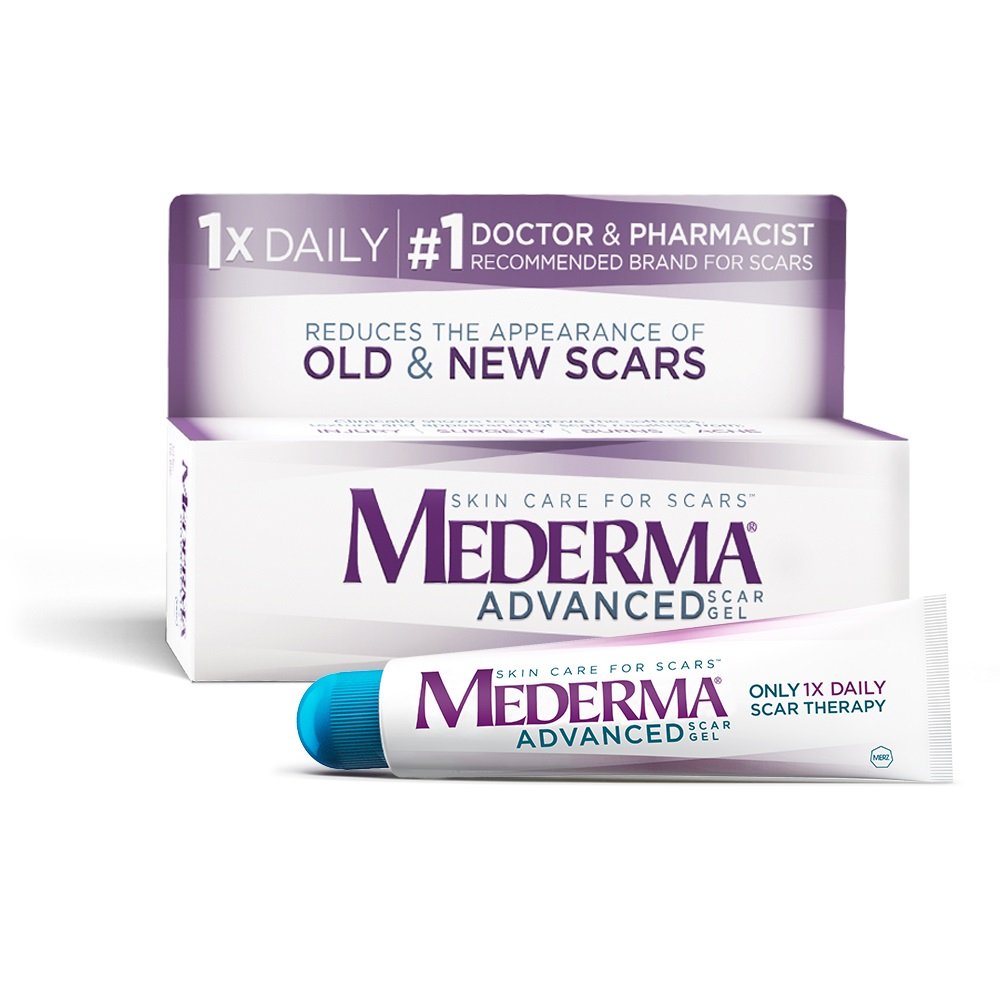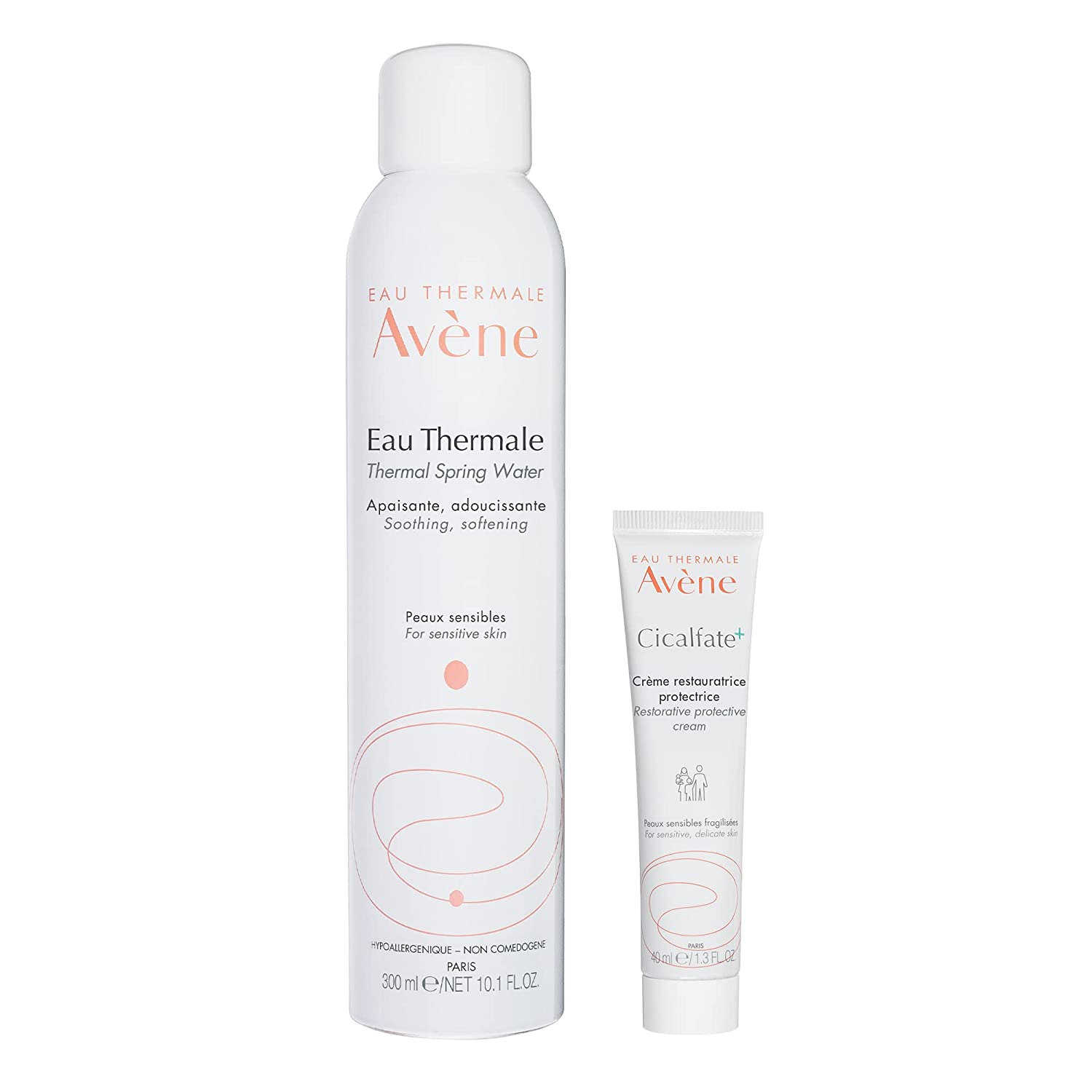How to Treat an Acne Problem
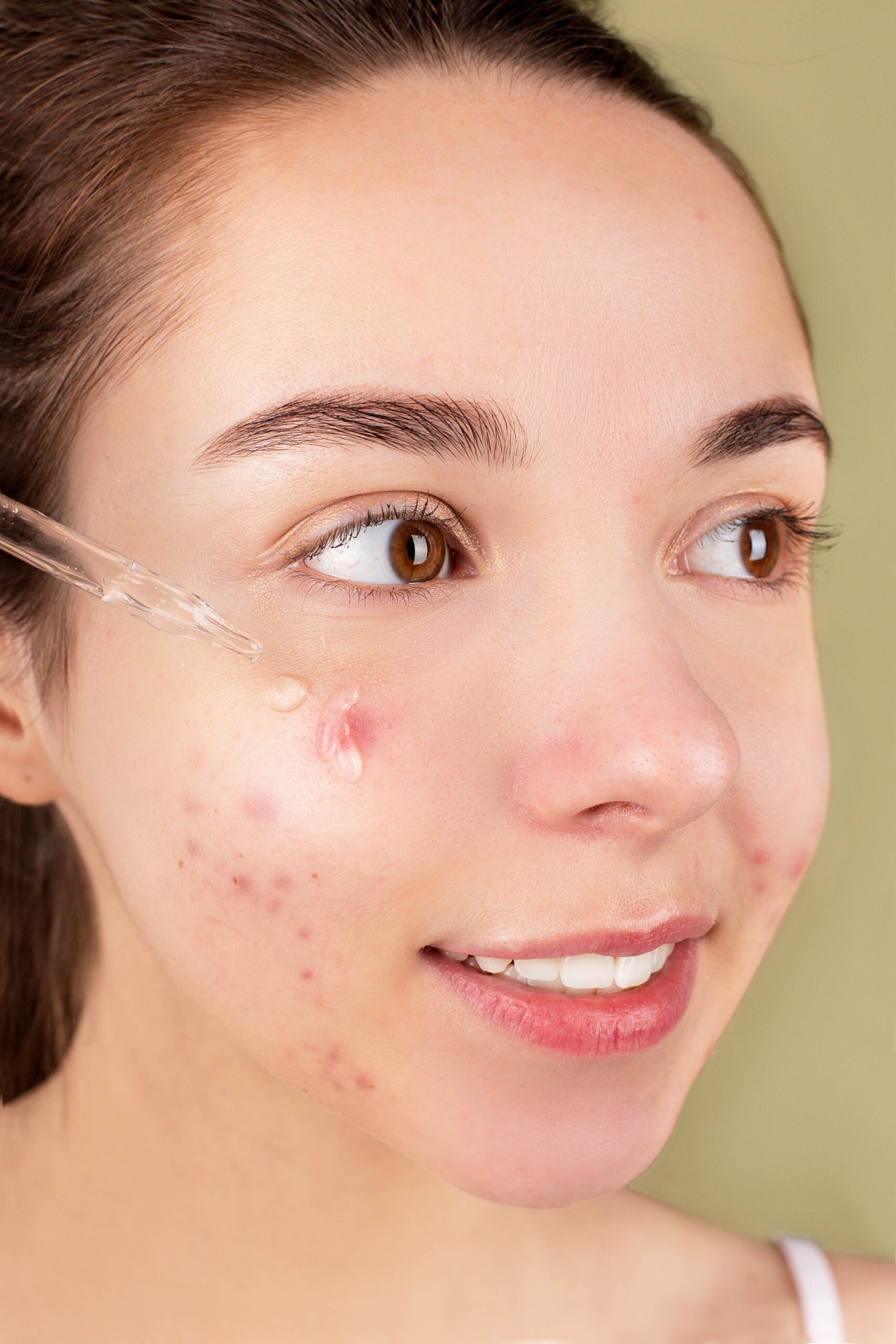
What do you do for acne treatment, in case you look in the mirror and then suddenly find a pimple on the face
Acne is sadly not just a problem for teenagers. Even once the hormonal stages of puberty are over, many adults struggle with skin problems from the occasional pimple to full-on breakouts all over their skin.
However, you are not doomed to have uneven skin if you are prone to breakouts. The right acne treatment can prevent breakouts and even help facial scars from blemishes and picking fade away.
Here is your guide to finding the right treatment for your skin.
The Different Types of Acne
There is no one kind of acne problem. Breakouts differ in terms of their causes, placements, and severity. Understanding the different types of breakouts is important because that can help you identify the right treatments
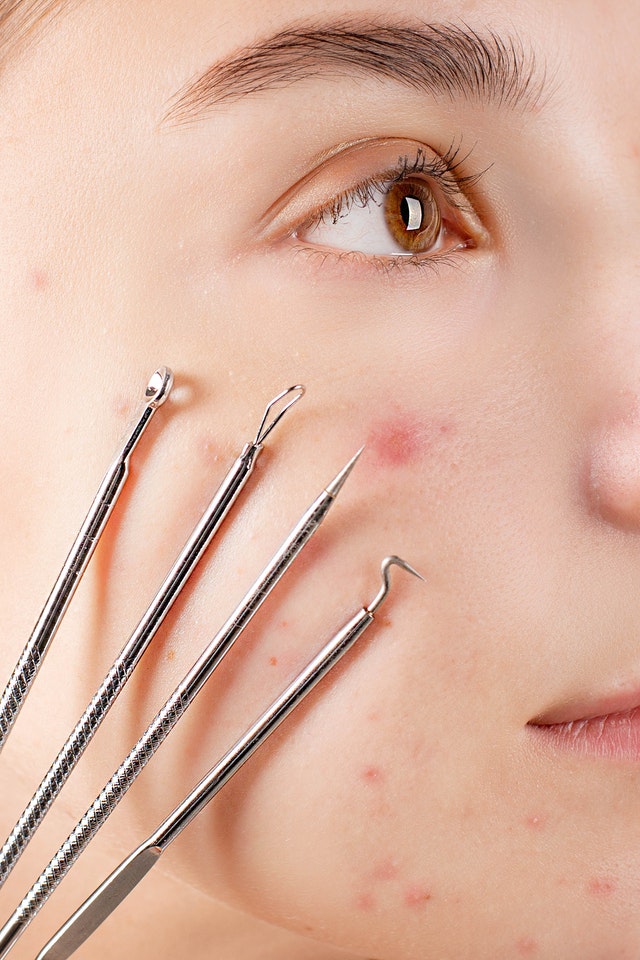
Non-inflammatory acne
Non-inflammatory acne: Non-inflammatory acne is a type of acne that occurs when pores become clogged, but the skin doesn’t swell. Blackheads look like black dots, while whiteheads look like small white bumps. They are both types of comedones. The best treatment is a blackheads remover that contains salicylic acid.
First aid tools
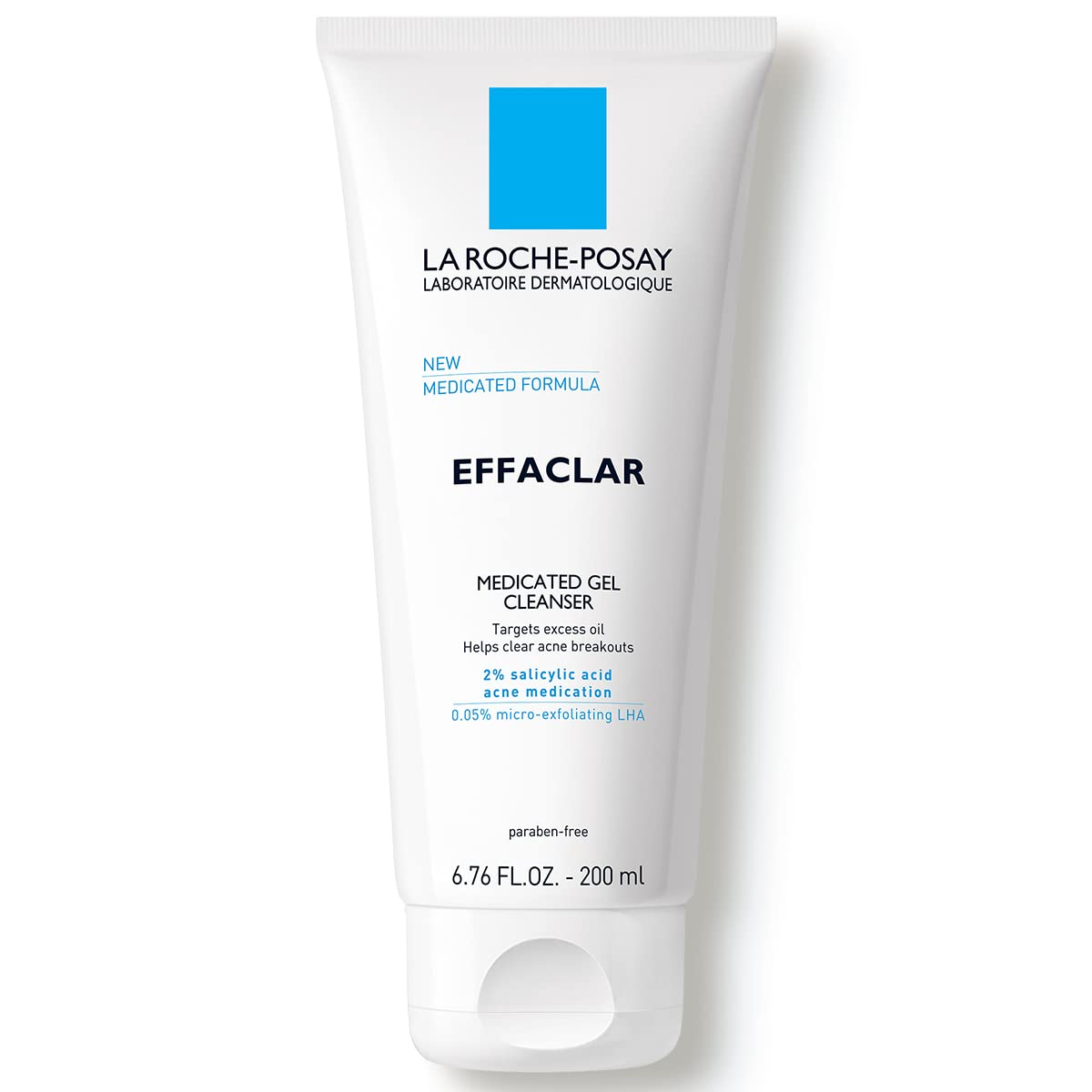
Effaclar Medicated Gel Facial Cleanser
La Roche-Posay
Foaming Acne Face Wash with Salicylic Acid, Helps Clear Acne Breakouts and with Oily Skin Control, Oil Free, Fragrance Free
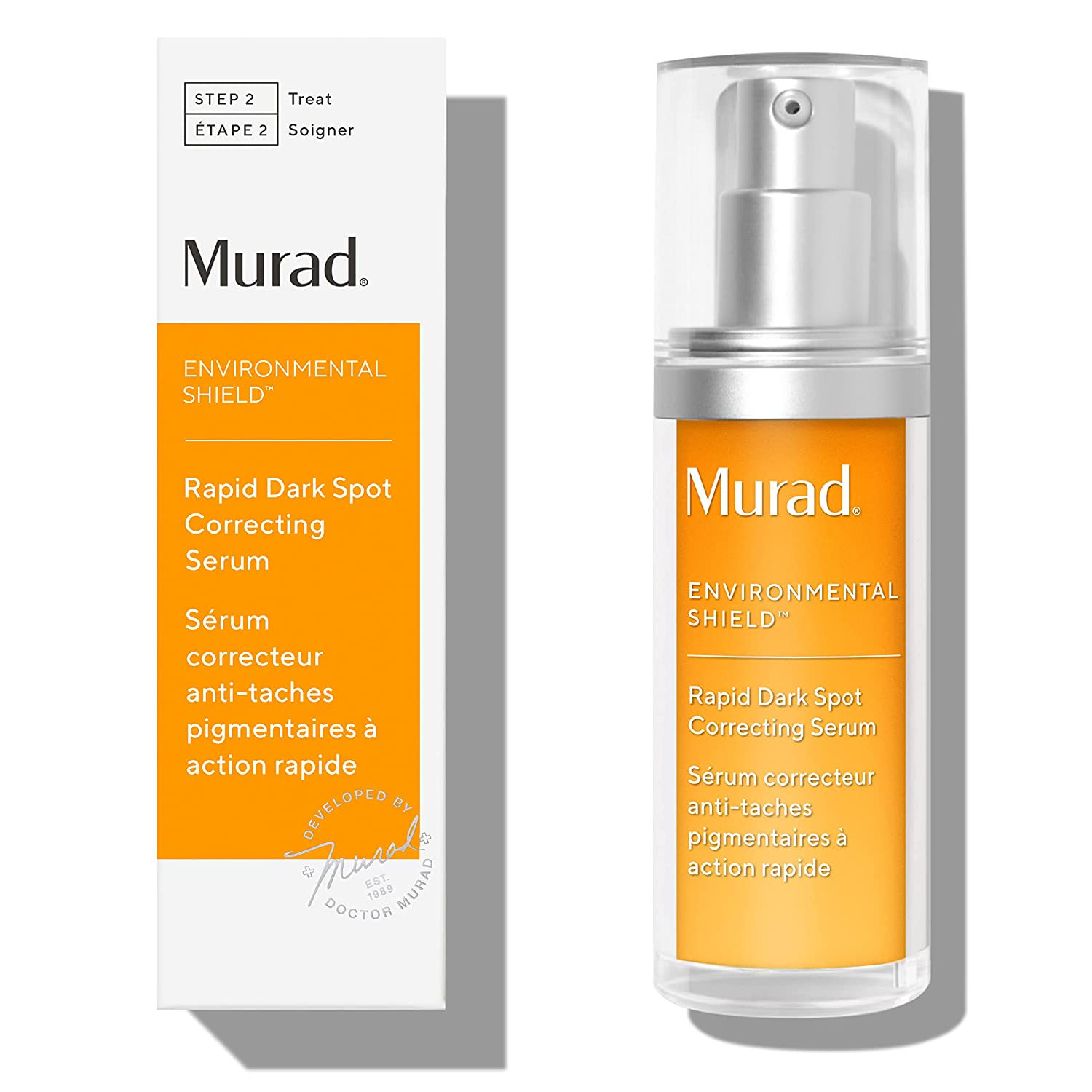
Daily Dark Spot Serum
Murad
Murad Environmental Shield Rapid Dark Spot Correcting Serum – Daily Dark Spot Serum for Hyperpigmentation – Brightening, Soothing Facial Serum – Dark Spot Corrector
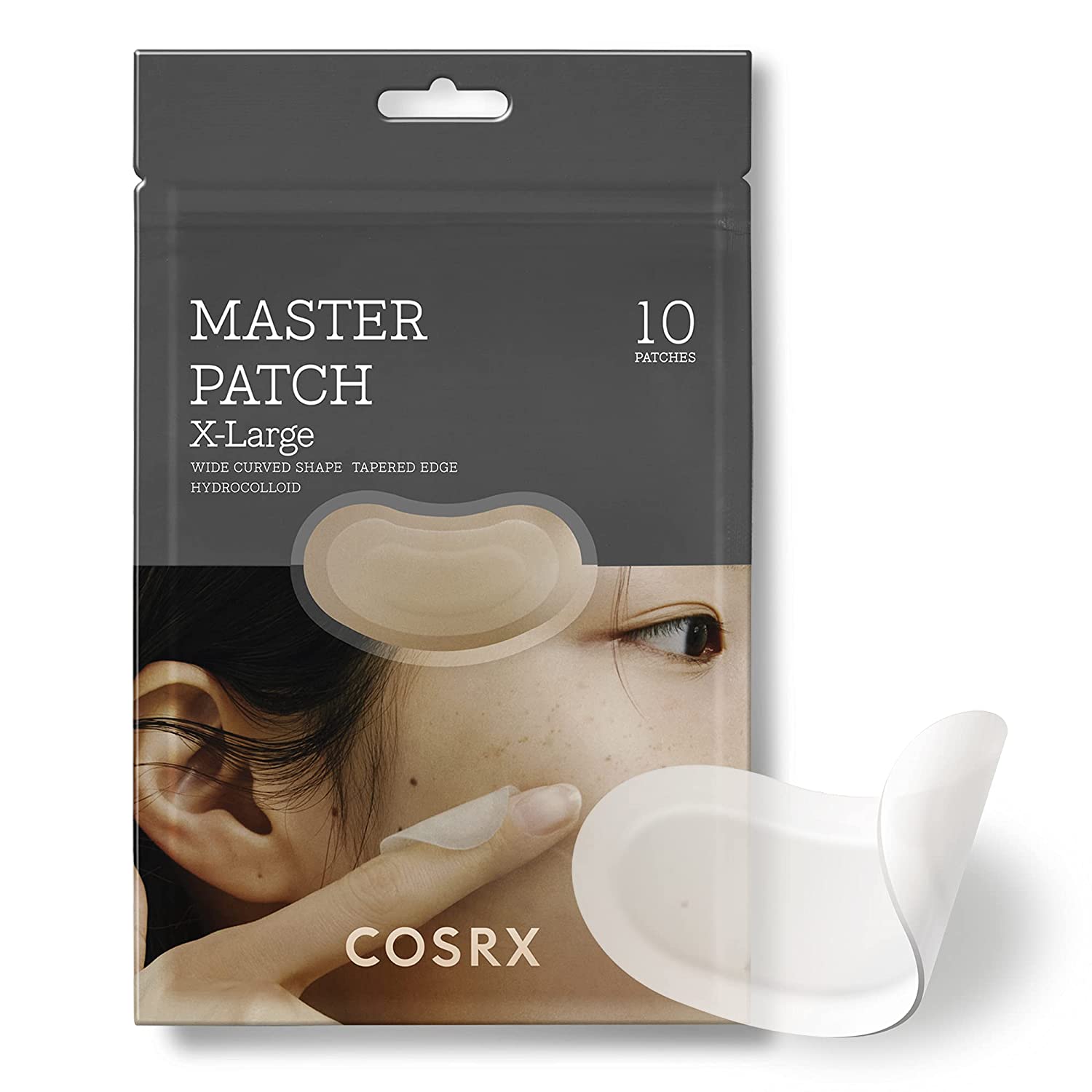
Master Patch
COSRX
COSRX Master Patch Large 10 Patches | Contour Large Shaped Easy Pimple Treatment | Face &Body Quick and Effective A.D.F. Hydrocolloid
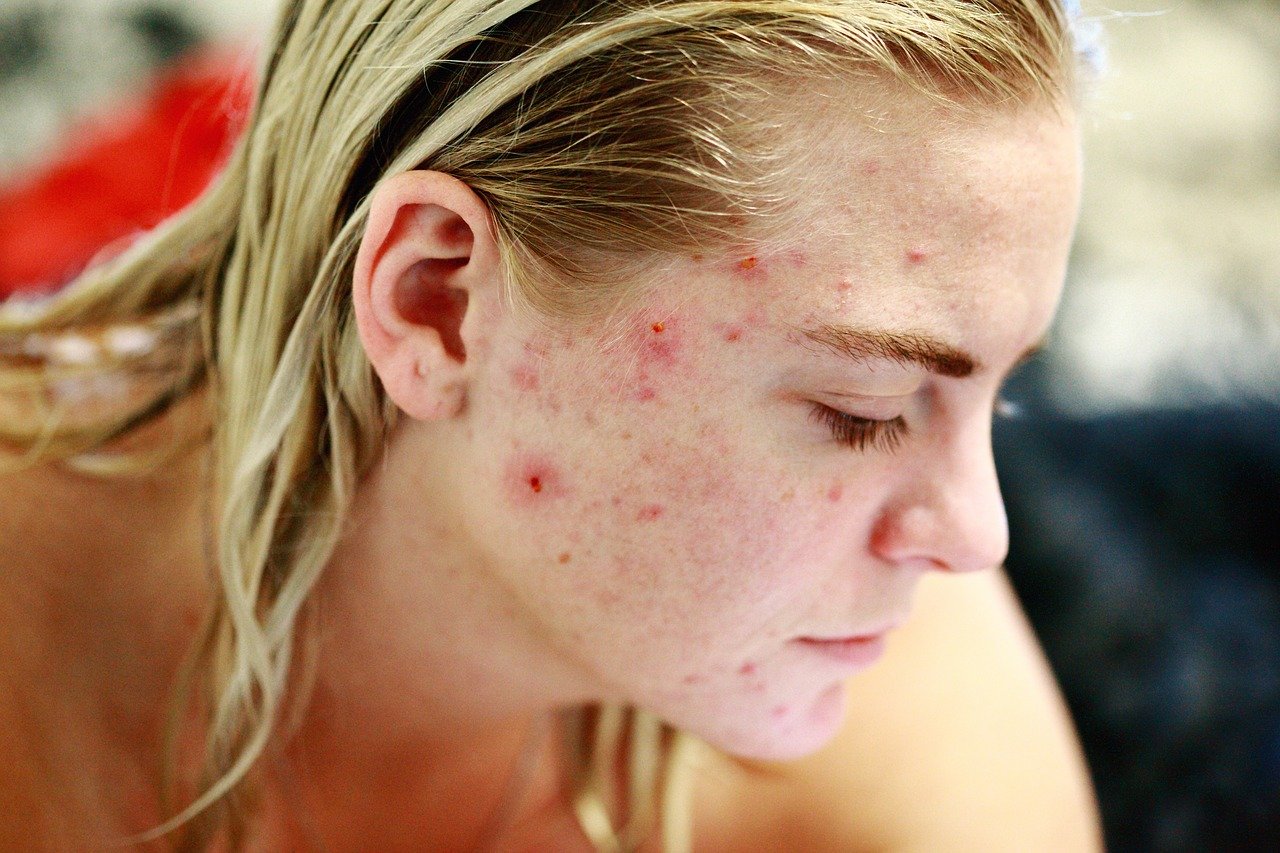
Inflammatory acne
This is your regular pimple, or acne vulgaris, which has red and swollen surroundings. Sometimes the pores fill with pus and form pustules.
Cystic acne
This type of acne is one of the most severe. People with this skin condition have large, red bumps that form below the surface of the skin. Anyone with cystic acne is prone to forming acne scars, and the condition is very painful. You can’t treat this type of acne just with skincare, and you should call a professional.
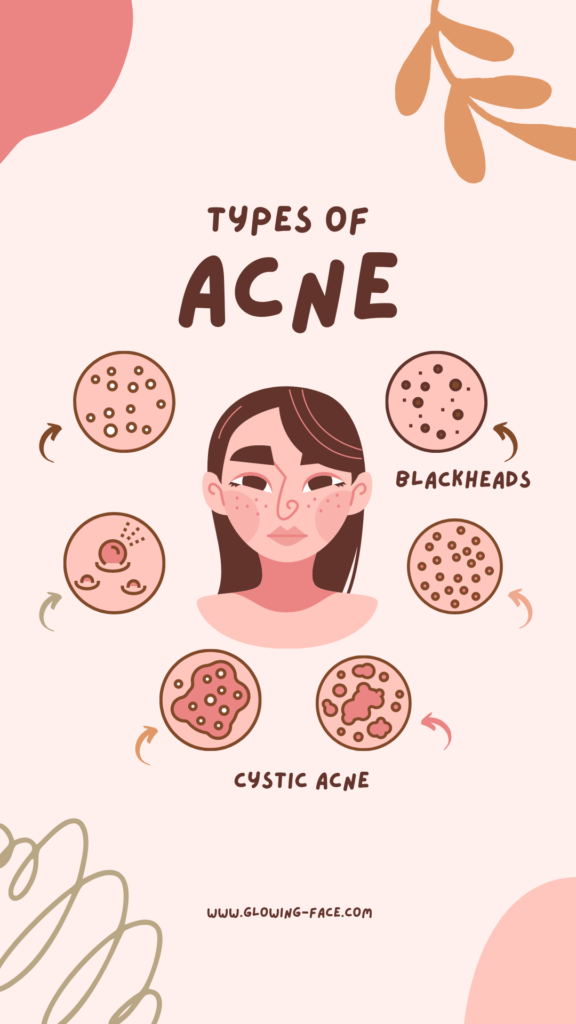
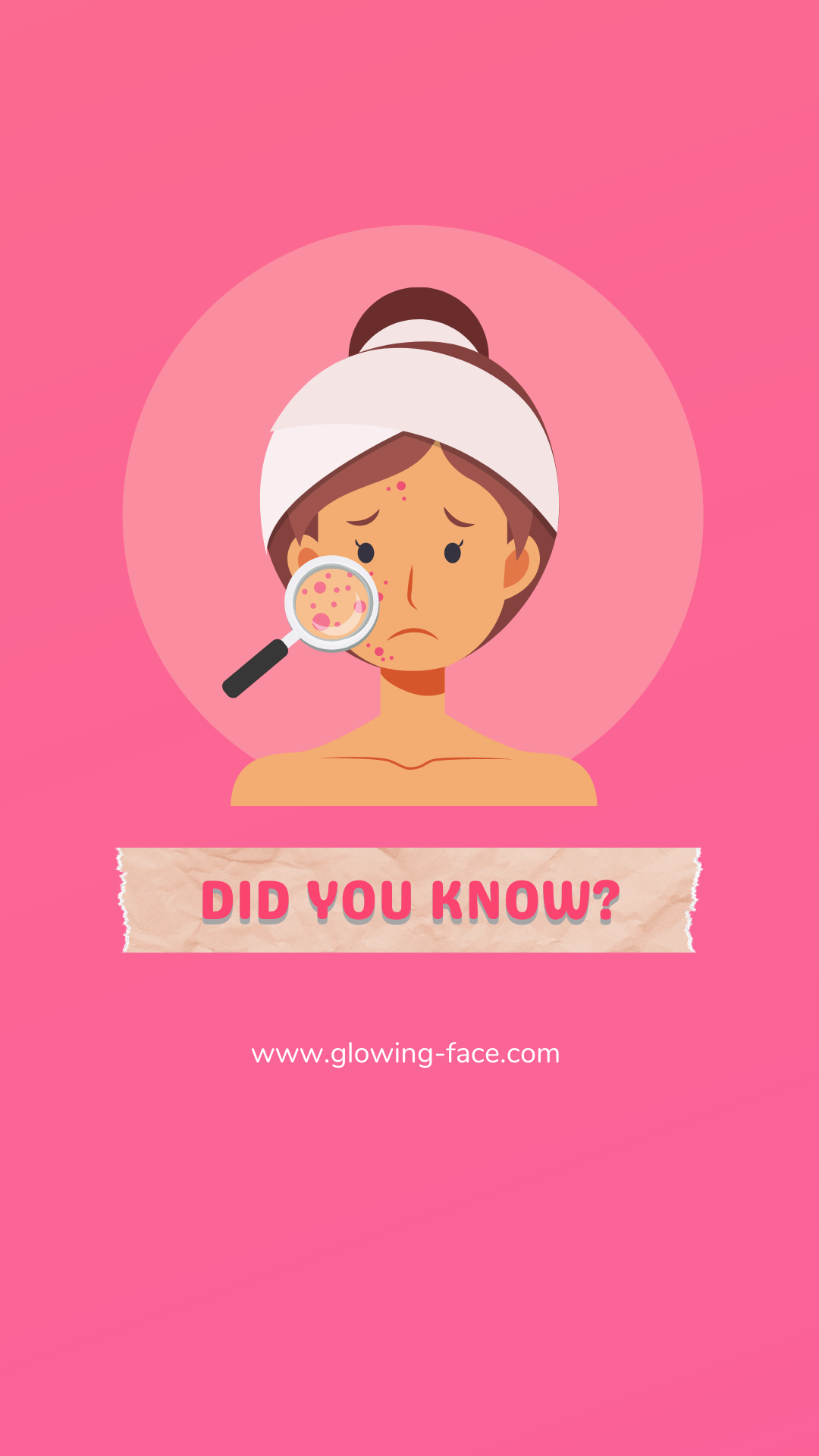
Hormonal acne
This includes some of the above-mentioned forms of acne, such as blackheads and pimples, but it is linked to excess oil production during a hormonal cycle. You can tell if you have this type of acne if you break out during a certain point in your cycle.
Fungal acne
This is not actually a type of acne but one of the many skin diseases. It looks like regular pimples, but the breakouts are accompanied by itchiness and irritation. It is usually caused by excessive sweat or overusing certain skincare products. Sometimes it results in back acne, although it is not the only cause of acne on the body. Treatments include anti-fungal cream and extra-strength body wash.
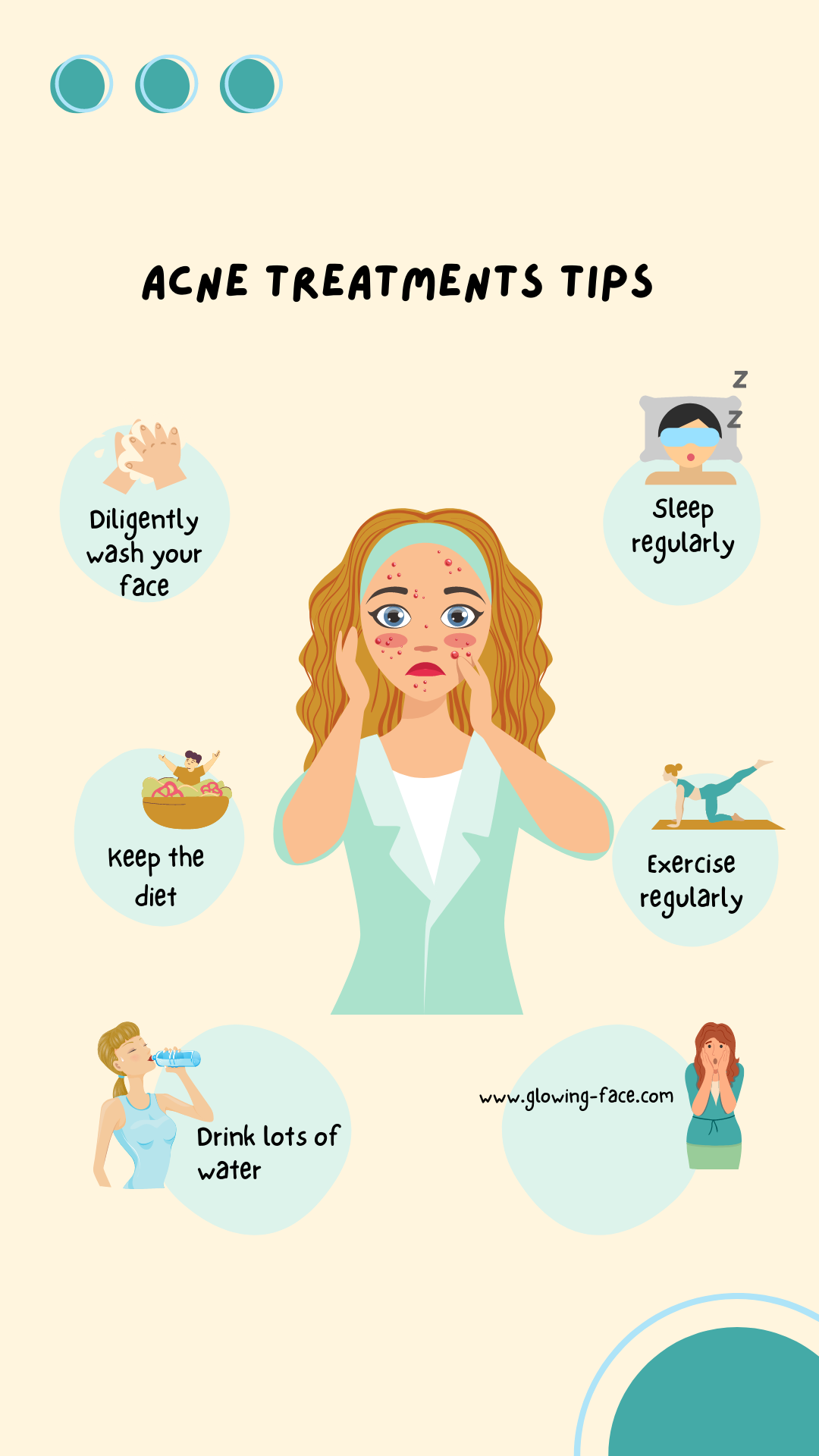


Some severe forms of acne, such as cystic acne, need professional help. Your dermatologist may recommend a stronger cream such as tretin-a cream or an oral treatment such as Roaccutane.

Different Plans for Acne Treatment
Once you know what type of acne you are dealing with, it is easier to find the right treatment to manage it. Here are some products to look out for.
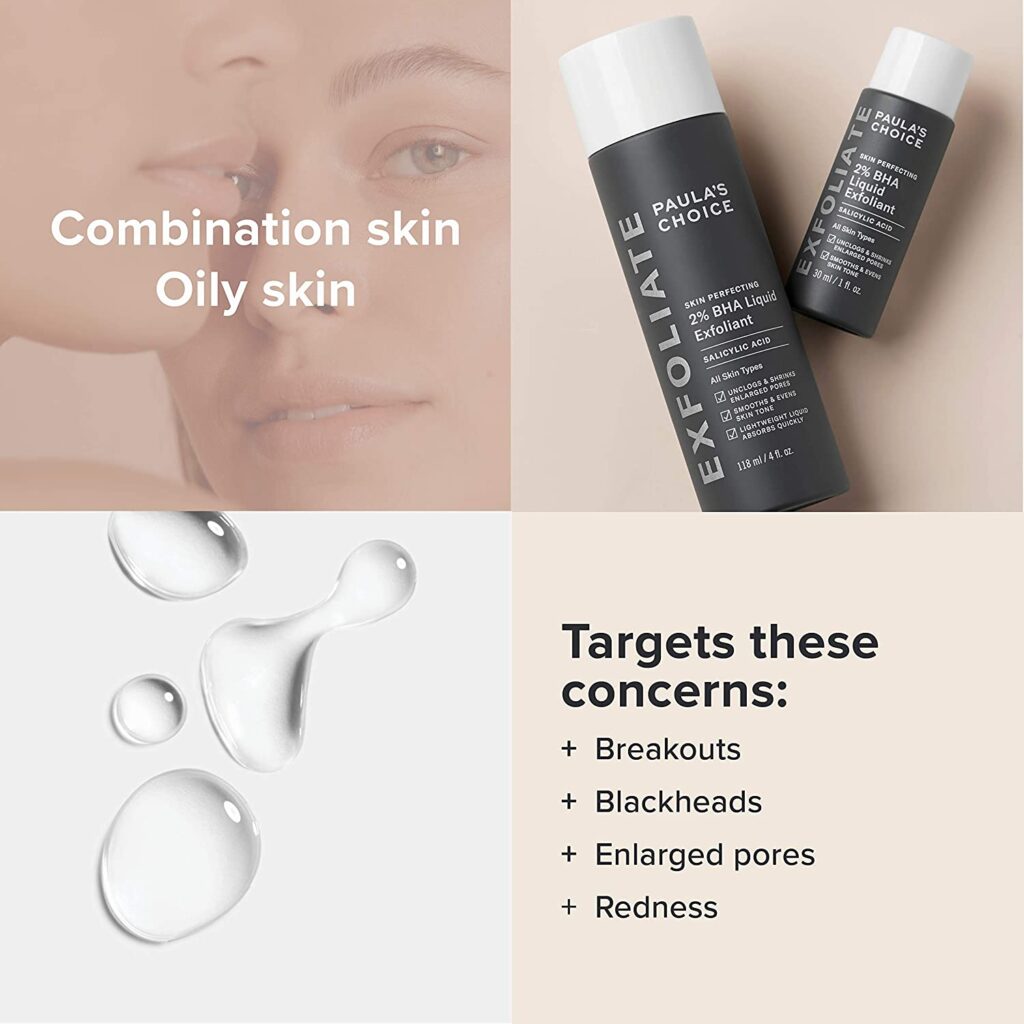

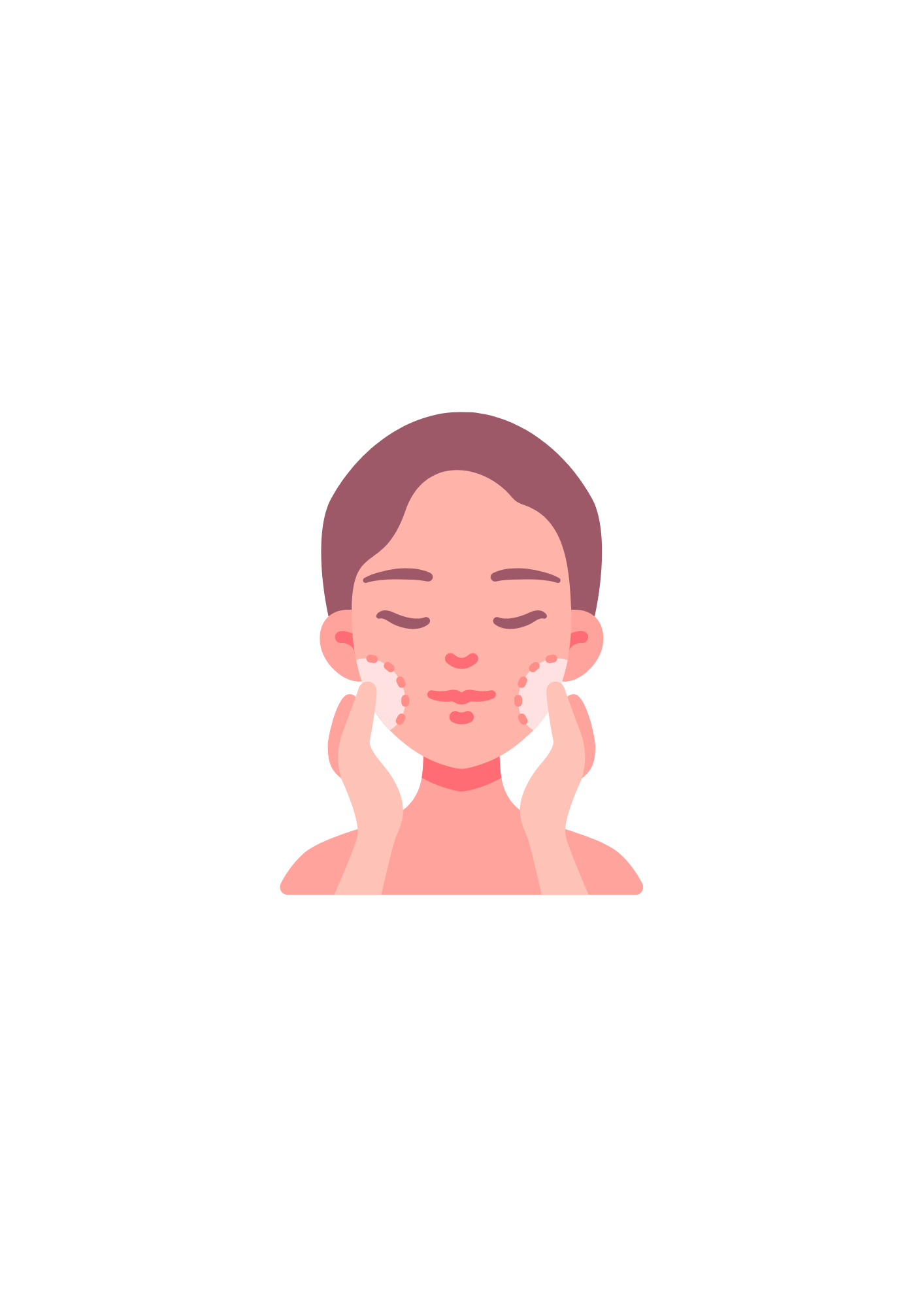
Cleansers
A good cleanser clears your pores out from sebum and prevents acne buildup. The type of cleanser you should use depends on the severity of your acne and other products that you are using. To manage breakouts, look for a salicylic acid cleanser, as that is the active ingredient that targets acne.


Retinoids
Retinoids are chemical compounds related to vitamin A that act as an intense cleanser for pores. Topical creams such as Differin gel or Adapalene use retinoids to reduce swelling and inflammation. However, retinoids cause redness and irritation, so do not use them for mild breakouts. They can also reduce scarring.
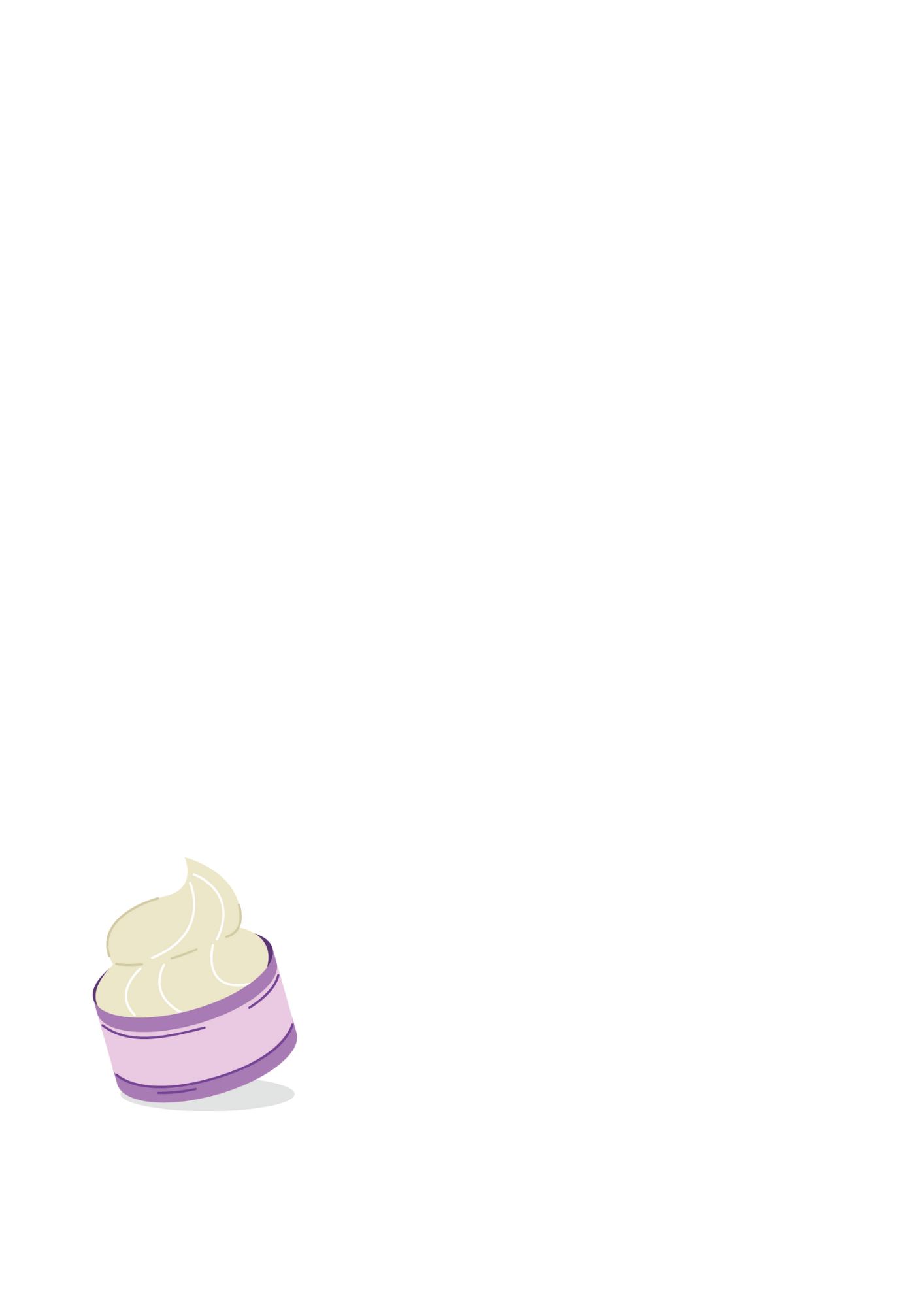


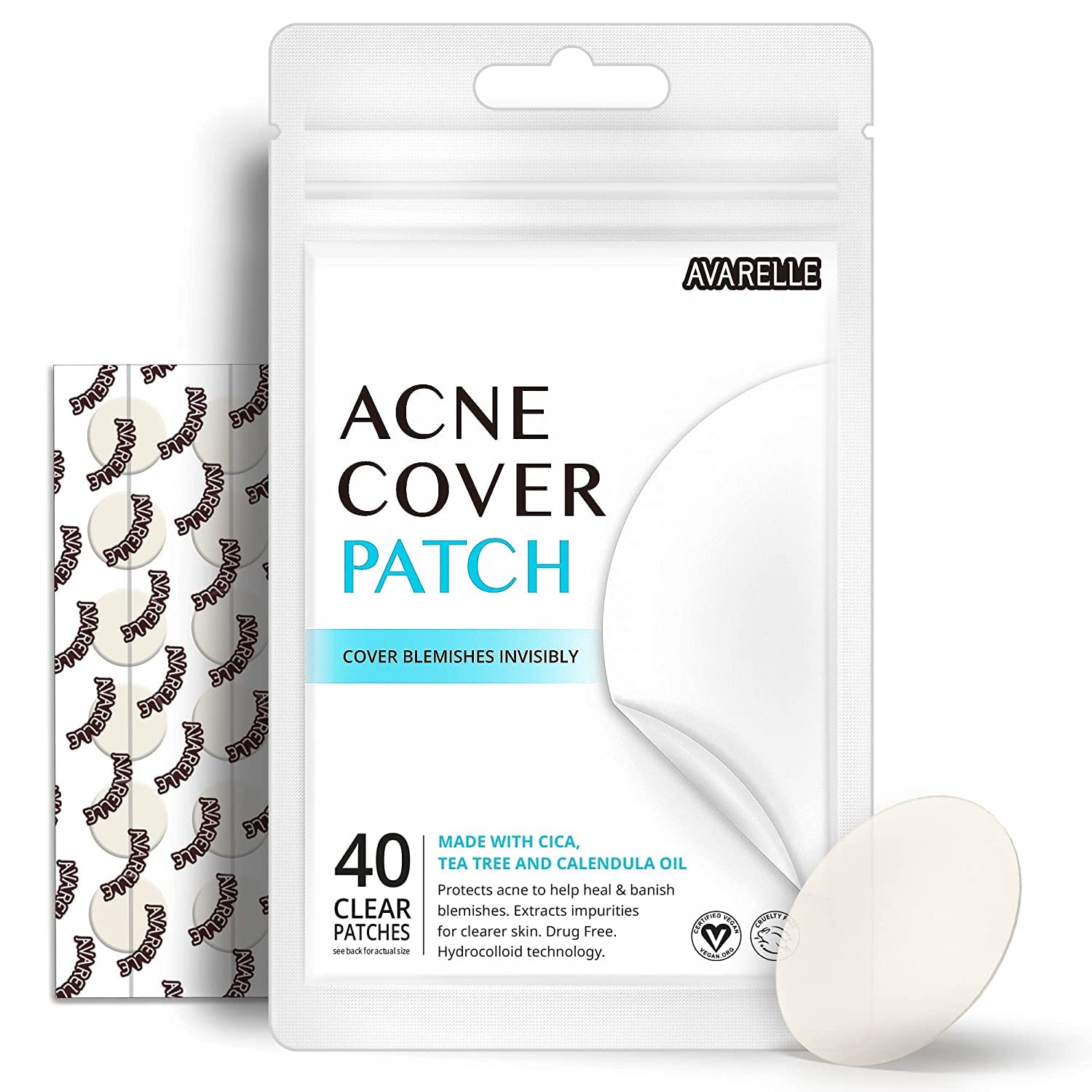
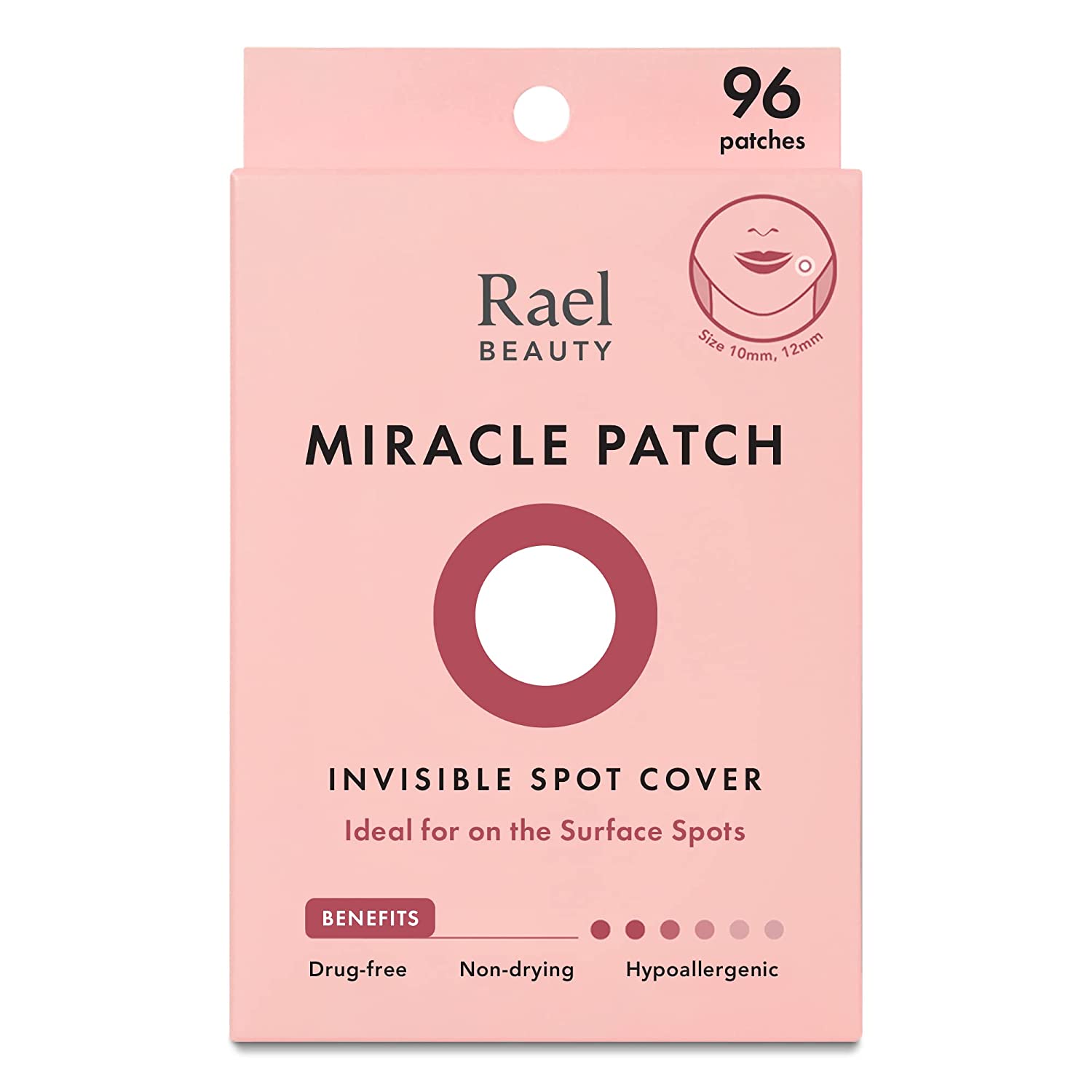
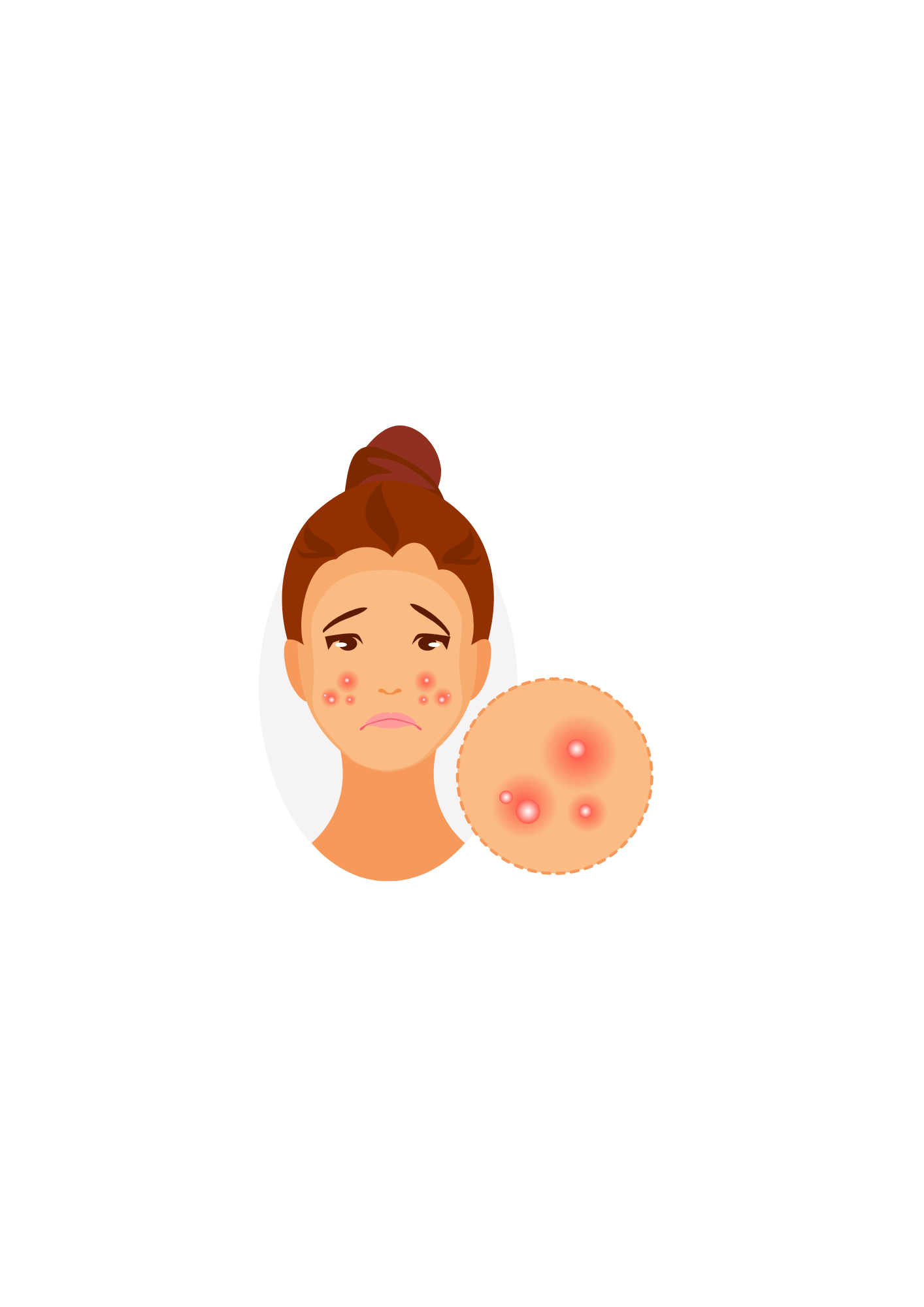
Pimple patches
A pimple patch is a small sticker with a hydrocolloid base that speeds up the healing process. It’s best for individual blemishes. Our favorite is the Mighty Patch.

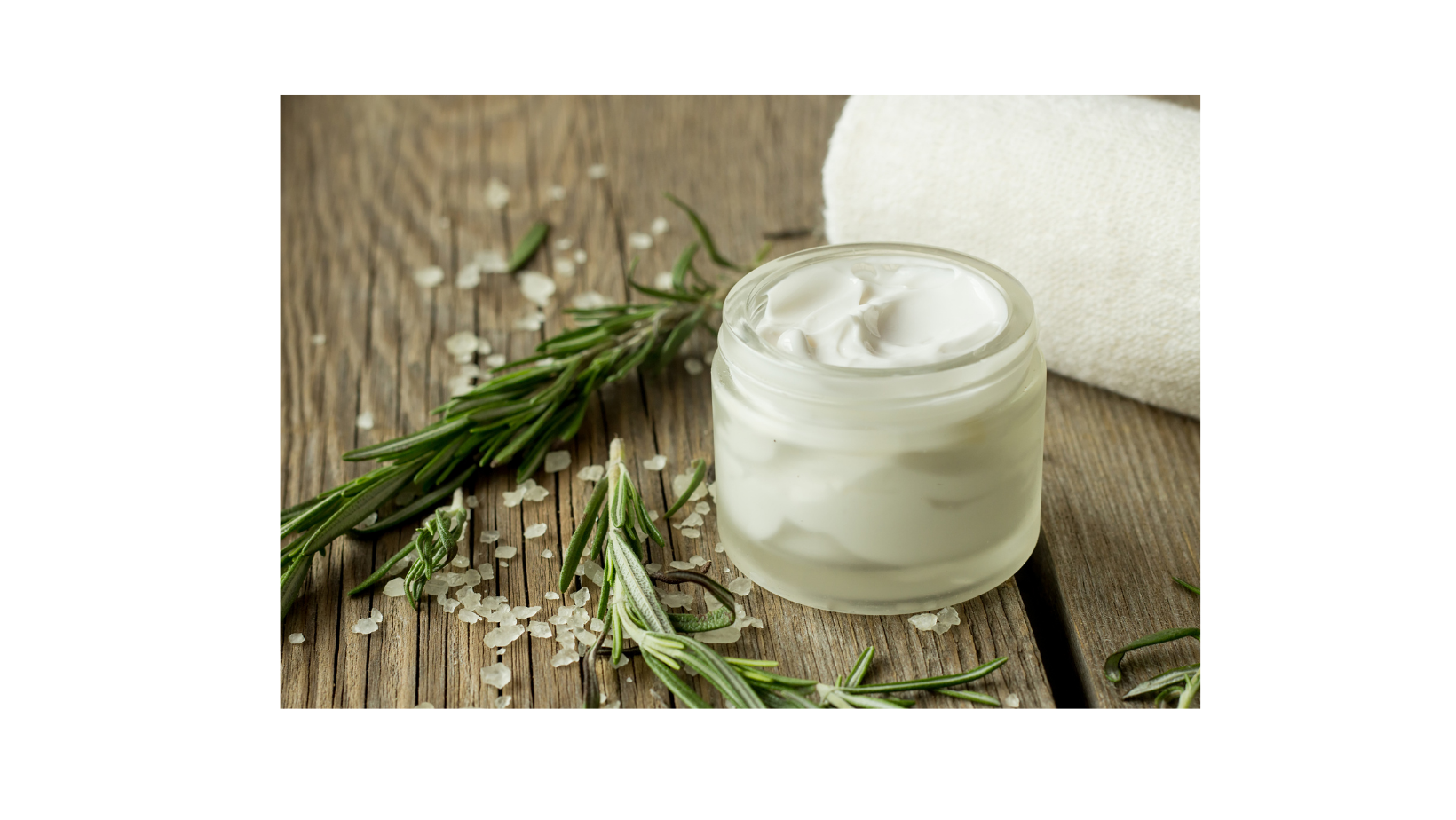
Acne scar treatment
Even once pimples are gone, scarring often remains. Besides retinoids, exfoliants such as AHAs and lactic acid can help reduce scarring
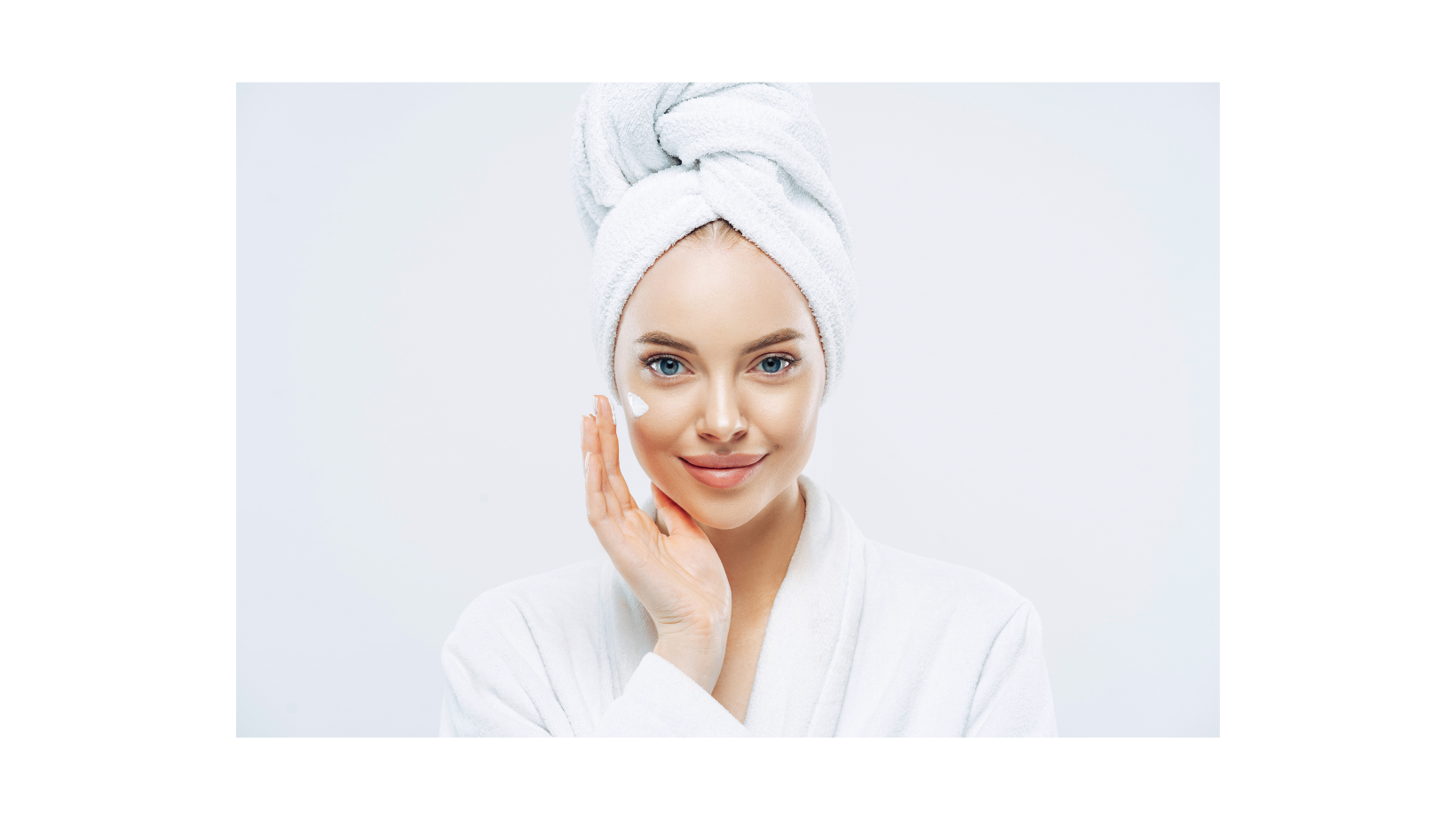
Many adults struggle with acne, so you are not alone. Work with a dermatologist or skincare expert to find a routine that works to help you manage it.


